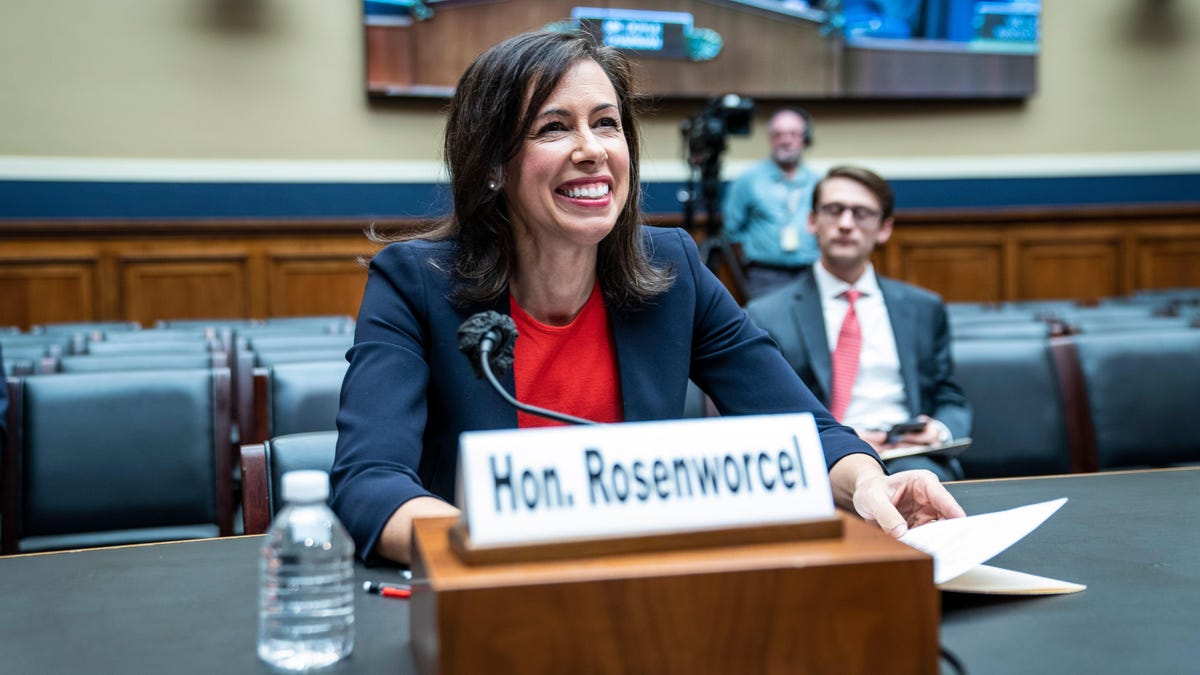The Return of Net Neutrality: A Critical FCC Decision
Federal Communications Commission (FCC) Chairwoman Jessica Rosenworcel has recently presided over a remarkable decision that has reinstated net neutrality regulations in the United States. Net neutrality is a fundamental principle that asserts that internet service providers should treat all online traffic equally, without unjustly blocking, throttling, or prioritizing certain content.
Re-establishing Fundamental Policies
Following the repeal of net neutrality rules in 2017 under the previous administration, the FCC has now voted 3-2 in favor of bringing back these crucial regulations source. The reinstated policies, initially introduced in 2015, aim to enforce oversight over telecom companies and prevent them from engaging in unfair practices that could harm the openness of the internet.
Aside from the explicit prohibition of blocking or throttling internet traffic, the FCC has included new provisions to prevent the preferential treatment of certain data streams. This update mirrors the advancements in technology, especially the widespread adoption of 5G networks. With 5G capabilities, network slicing allows for the creation of segmented virtual subnetworks, enabling providers to prioritize traffic based on premium subscriptions source.
Enhanced National Security Measures
Moreover, the FCC’s decision expands its authority to safeguard national security interests by preventing foreign-owned entities from controlling critical broadband infrastructure. This move aims to mitigate potential risks posed by external actors in the telecommunications sector. Additionally, in situations where network failures disrupt essential operations for businesses, employees, or students, the FCC now possesses the mandate to intervene and address these issues effectively.
Industry Response and Future Implications
Unsurprisingly, internet service providers have expressed concerns regarding the reinstatement of net neutrality regulations and are exploring legal avenues to challenge these decisions. Jonathan Spalter, president of USTelecom, a prominent broadband advocacy group, downplayed the significance of these developments, asserting that broadband consumers have historically enjoyed an open internet environment.
As the debate surrounding net neutrality continues to evolve, observers anticipate further legal battles and regulatory shifts within the telecommunications industry. The implications of this FCC decision resonate not only with industry stakeholders but also with the broader public, underscoring the critical importance of preserving a free and open internet landscape.
Image/Photo credit: source url





